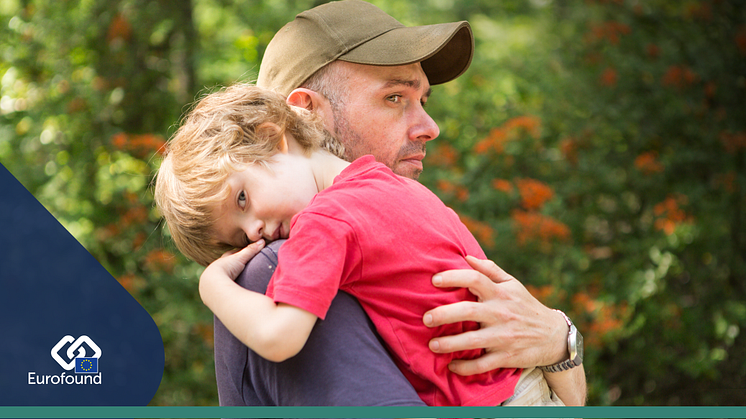How did Europe treat its essential workers?
The working conditions of Europe’s essential workers is the focus of the new episode of the Eurofound Talks podcast.

The working conditions of Europe’s essential workers is the focus of the new episode of the Eurofound Talks podcast.

Today is World Mental Health Day, an opportunity to raise awareness of mental health issues around the world and to mobilise efforts in support of mental health.

Poor job quality, including high emotional demand, working at high speed and to tight deadlines, is widespread among several of the sectors and professions deemed essential, key or critical during the COVID-19 pandemic.

Skills, skills, skills! Skills for people, skills for competitiveness, skills for sustainability, an event on 20 September with the five social EU Agencies in collaboration with the European Parliament and the European Commission will explore skills needs in the EU.
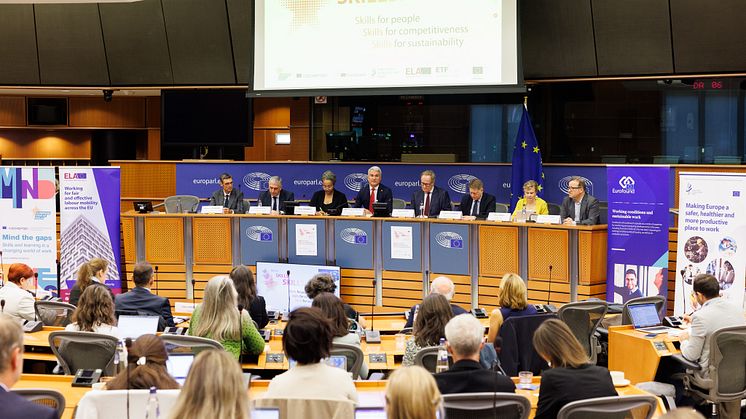
The EU’s financial commitment to social issues - with government spending on social services such as social protection, education and health claiming a significant 35% of GDP in 2020 - underpinned its resilience to the economic shock of the COVID-19 pandemic.
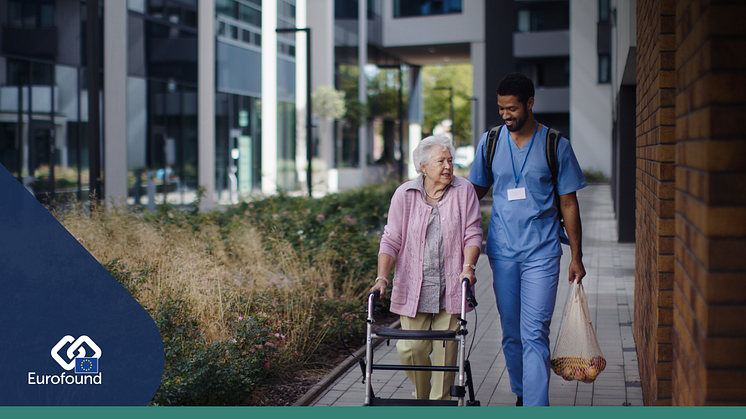
A new joint report by ECDC and Eurofound concludes that adult work-life balance was significantly affected by measures such as stay-at-home orders and recommendations, closures of day-care, primary and secondary schools and national teleworking recommendations implemented in response to the COVID-19 pandemic.
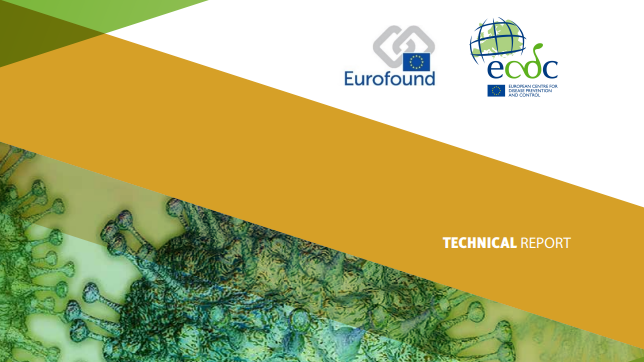
While some environmental indicators have improved across the EU, there are large inequalities between people at different income levels in Europe, with low-income populations drastically worse off in terms of the quality of their neighbourhood and housing.
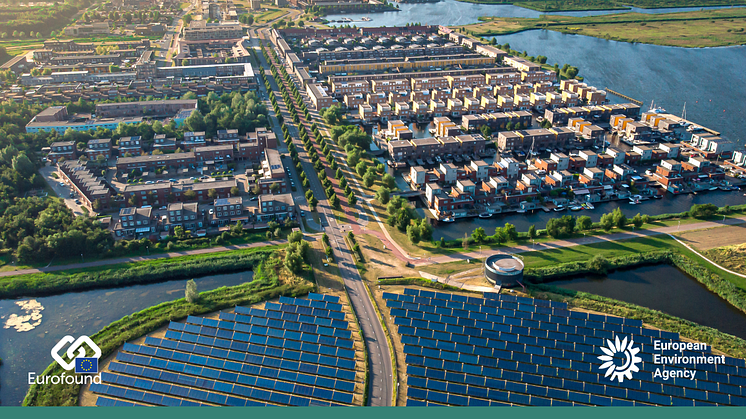
The move to a climate-neutral economy doesn't only represent risks and costs, but it has the potential to create exciting new opportunities with net employment gains, new business sectors and a healthier environment. Eurofound and the EEA have brought together EU level and regional experts and stakeholders to explore what these socioeconomic impacts could be and how policy could respond.

People fleeing Russia’s invasion of Ukraine can seek jobs in Europe but not knowing the host country’s language and temporary job placements are just some of practical barriers identified in a new research paper from Eurofound and the EU Agency for Fundamental Rights (FRA).

National Child Guarantee Coordinators met at Eurofound in Dublin yesterday, the first in-person meeting to be held in a Member State. Together, National Child Guarantee Coordinators reviewed progress made in reducing child poverty and improving access to services across Europe, as well as sharing practical experiences of sectoral reform.
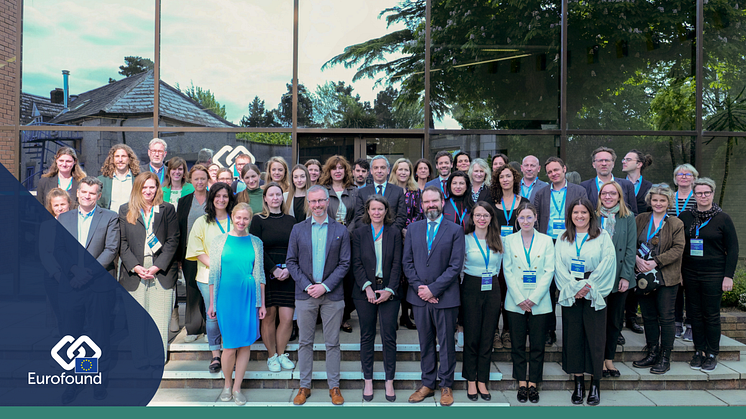
41.7 million people teleworked across the EU in 2021, double the number of 2019, as COVID-19 restrictions and changes in work culture significantly impacted work organisation.

Stefania Rossi has been elected Chair of Eurofound’s Management Board at the Agency’s annual Management Board meeting in Dublin on 18 November. The annual gathering of representatives from governments, employer organisations and trade unions in all EU 27 Member States, and the European Commission and the European Parliament, also approved Eurofound’s work programme for 2023.
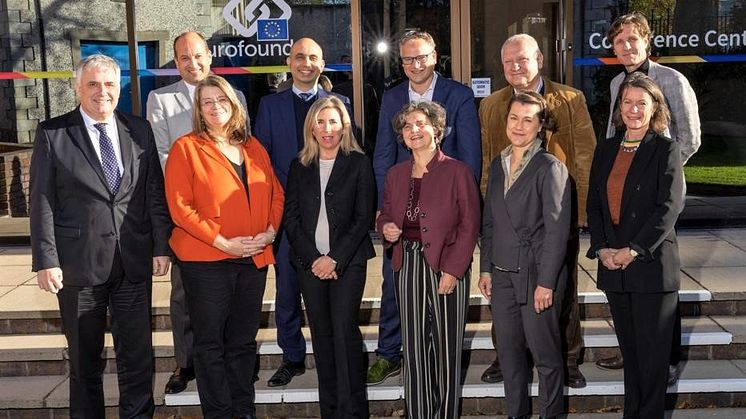
The new episode of Eurofound Talks looks in-depth at care: care for children, care for older people, care for those who are frail or with disabilities, access to care, the quality of care, and the working conditions of care workers.
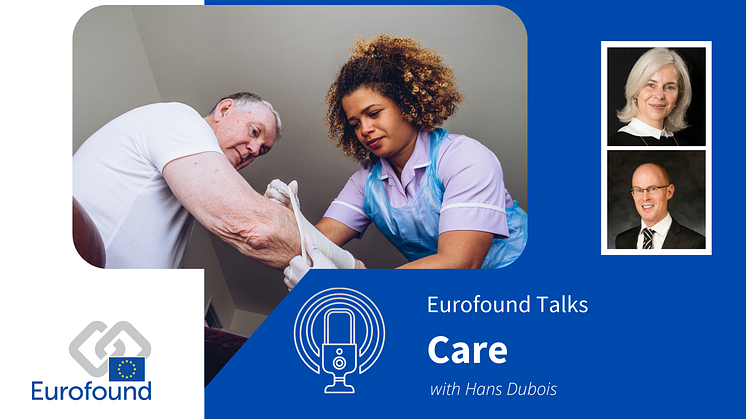
The impact of the COVID-19 crisis has deepened the traditional gender divides across many areas including the labour market, working conditions, work-life conflict and overall working time, according to findings from Eurofound’s latest research report; COVID-19 pandemic and the gender divide at work and home.

In advance of World Mental Health Day on 10 October, we use Living, working and COVID-19 e-survey data to take a closer look at the impact of the pandemic on mental health.

For the first time, the five EU Agencies came together to highlight their insights and explore the challenges and opportunities of young people in times of uncertainty at an event with the EMPL Committee in the European Parliament on 8 September.
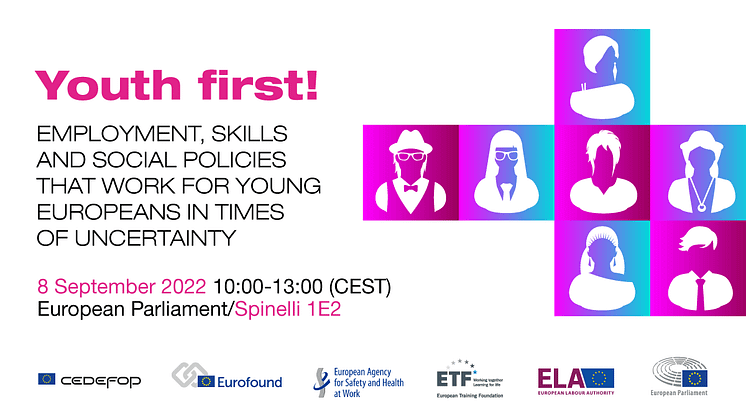
Rising energy prices are putting more people under increased financial pressure and at a greater risk of energy poverty, according to Eurofound report 'Living, working and COVID-19 e-survey: Living in a new era of uncertainty'

Trust in national institutions has declined across the EU over the past two years. Driven by increasingly difficult economic circumstances and unreliable news sources, even people who previously expressed higher trust levels – such as those in financially secure positions – have become less trusting. We take a closer look at e-survey data to explore this decline in trust.

Living and working in an era of disruption in one of the first public presentations of the results of Eurofound’s unique online Living and working survey which tracked the experiences of Europeans over the last two years - a period which saw a global pandemic, seismic shifts in the world of work, rising costs of living and now the war in Ukraine.
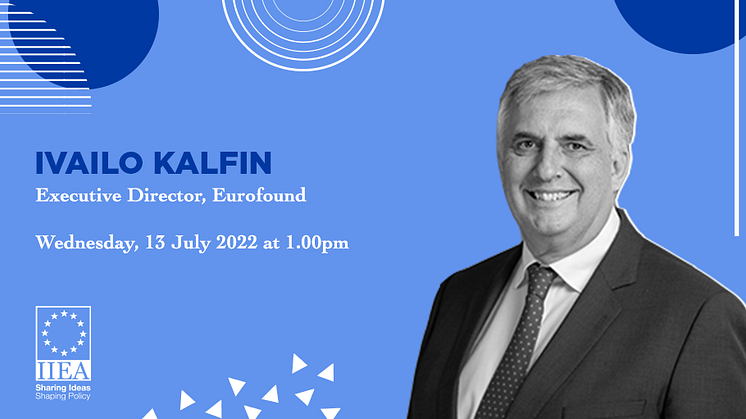
Recorded trust in institutions such as national governments, the EU, the police and news media has declined across the EU over the past two years, with those who previously expressed higher trust levels, such as those in financially secure positions, now becoming less trusting.
